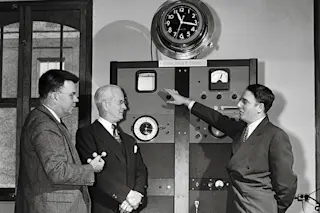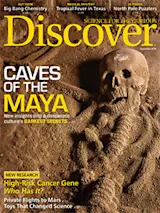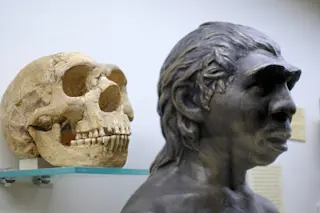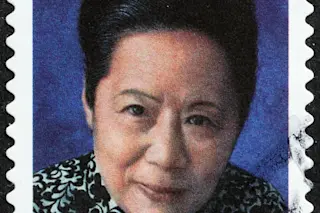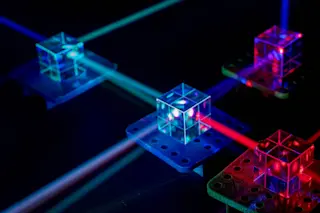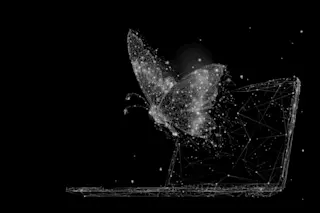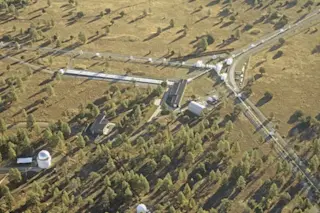Keeping track of time is serious business. Today’s standard, the National Institute of Standards and Technology’s atomic clock, only gains or loses a second once every 300 million years. Improving on that level of precision could seem impossible, but scientists may have found a way.
In a recent study published in Nature Physics, researchers proposed the idea of a global network of atomic clocks linked by the strange science of quantum entanglement. Although it’s still theoretical, this world clock “wouldn’t have lost a second or gained a second even if it started at the beginning of the universe,” nearly 13.8 billion years ago, says Peter Komar, a physics graduate student at Harvard. If scientists one day manage to make the clock network a reality, it would be the latest in a long line of advancements in the science of timekeeping.
The sundial, which uses a vertical object like a pillar ...


